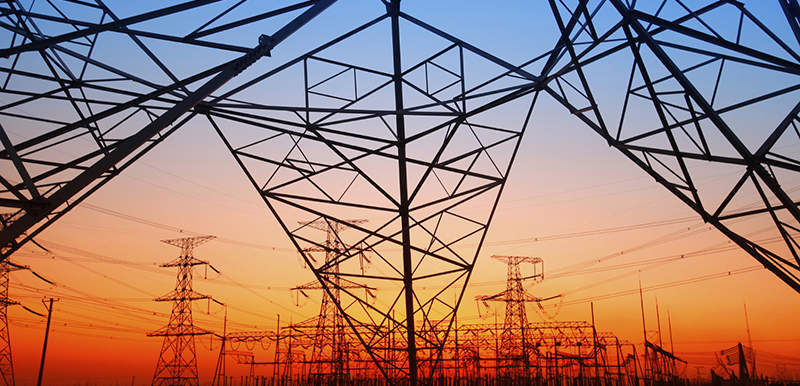
UK households switched energy suppliers 7.7m times in 2016 — the highest rate in six years.
Nearly 16 percent of gas and electricity customers shopped around for a better deal and changed supplier, saving up to £230 ($286) a year, according to Ofgem, the industry regulator.
What now?
Some of the UK’s biggest suppliers including Npower, Scottish Power, Co-operative Energy and First Utility have all announced plans to increase standard gas and electricity tariffs in the coming months.
Npower will raise its dual-fuel annual energy bills by an average of 9.8 percent from March 16.
EDF said it will just raise electricity prices.
Ofgem chief executive Dermot Nolan said the increase in customer switching should act as a “warning” to suppliers planning price hikes.
How well do you really know your competitors?
Access the most comprehensive Company Profiles on the market, powered by GlobalData. Save hours of research. Gain competitive edge.

Thank you!
Your download email will arrive shortly
Not ready to buy yet? Download a free sample
We are confident about the unique quality of our Company Profiles. However, we want you to make the most beneficial decision for your business, so we offer a free sample that you can download by submitting the below form
By GlobalData“If they fail to keep prices under control or do not provide a good service, they risk being punished as customers vote with their feet,” Nolan said.
“While today’s figures show good progress, the market is not as competitive as we would like.”
About two thirds of energy customers remain on standard variable tariffs or pre-payment deals. They are more expensive because the unit prices per kilowatt hour of electricity are not fixed, so they can go up or down at any time.
Ofgem has the power to cap energy price tariffs but the decision is a matter for the government, the regulator’s chief executive told a parliamentary committee last week.
How to switch energy provider
To switch provider, all you need is your postcode and a recent energy bill.
The initial process takes just 10 minutes, but the change itself takes just under three weeks to complete, including a 14-day cooling-off period where you can change your mind about switching.
To compare different deals before making a decision, trusted energy price comparison sites like Which?Switch and Energy Switcheroo can be helpful.
“A competitive energy market allows consumers to ensure they are always on the best deal possible, switching is a great way to do this so it is encouraging to hear that the number of people switching is at a six year high,” David Weatherall, an expert from the Energy Saving Trust told Verdict.
“The market does fluctuate, so we’d encourage people to check their prices regularly, escaping the worst of the prices rises and taking best advantage of the dips.”






